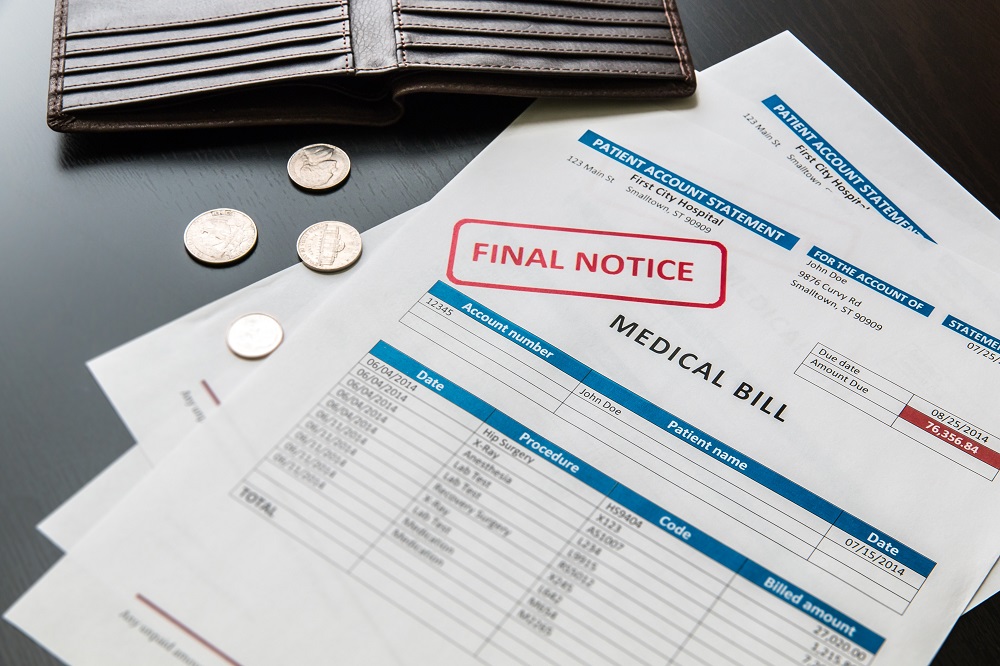Disability and Its Effect on an Arizona Bankruptcy Filing
The total number of disability benefits recipients in Arizona is 119,079 people, 2016 statistics by the Social Security Office of Retirement and Disability Policy show. The average monthly payment that such people receive is 1,200 dollars. If you are a person dealing with a disability and you’ve also found yourself in a financially-challenging situation, you may be wondering about the Arizona bankruptcy filing. Will it affect you adversely? Will it have an impact on the disability benefits that you’re receiving?
The Basics of Bankruptcy When You are on Disability
Before a bankruptcy filing, you need to understand the fact that you’re entitled to certain protections.
Disability benefits are covered by federal law and cannot be garnished, even when you owe large amounts to creditors. This, however, doesn’t mean that creditors are completely helpless when it comes to getting money out of someone who is a debtor and who has a disability.
A creditor can still file a lawsuit against you. Depending on the court’s decision, bank account garnishment may occur for the purpose of payment collection.
Disability payments do not have a direct impact on bankruptcy filings. Thus, the option is definitely one worth exploring by all Arizona residents who are experiencing financial hardships and the accumulation of too much debt.
Anyone who is capable of passing the Arizona means test will qualify for Chapter 7 bankruptcy. This bankruptcy filing allows for discharging unsecured debt like credit card debt, utility bills, medical bills and personal loans.
Keep in mind that social security and disability benefits aren’t included in the means test (the one that determines the household income and whether it is beneath the median for the state). Thus, your disability benefits aren’t going to make it more difficult for you to qualify.
Chapter 13 bankruptcy filing is different. In this case, a payment plan spanning over the course to three to five years will be calculated. If a person isn’t capable of making the payments, the trustee could eventually access social security or disability benefits. These will be considered a source of income.
Bankruptcy Filing and Disability Protections
Disability payments cannot be taken away from you when you file Chapter 7 bankruptcy. They fall under an exemption of assets and property types that you will get to keep.
The source of the payments is the one that will determine the degree to which they’re going to be protected during the bankruptcy. SSDI benefits are protected under bankruptcy law. Most people need these payments to support themselves and their family in periods when they’re incapable of working. This is the reason why a person filing Chapter 7 bankruptcy will still be entitled to them.
Supplemental security income (SSI) payments are usually provided to individuals who have little to no income. These funds are also considered exempt in bankruptcy proceedings, even when a person receives a bigger lump sum payment.
 The situation is a bit different for disability benefits coming from state and other local programs. The amount of such disability benefits a person will be allowed to keep depends on the income exemption for Arizona. The excess is not covered by such protections and it will go towards the payment of debt.
The situation is a bit different for disability benefits coming from state and other local programs. The amount of such disability benefits a person will be allowed to keep depends on the income exemption for Arizona. The excess is not covered by such protections and it will go towards the payment of debt.
As far as a Chapter 13 bankruptcy is concerned, a debtor gets to keep all their property and income as long as the debt payments determined by the bankruptcy trustee are made in a timely manner. Nonexempt assets are not sold for the purpose of paying back loans. Nonexempt assets, however, including state and local disability payments, will increase the amount that the debtor will have to return to creditors under the Chapter 13 plan. Always consult experienced bankruptcy lawyers before Arizona bankruptcy filing.





